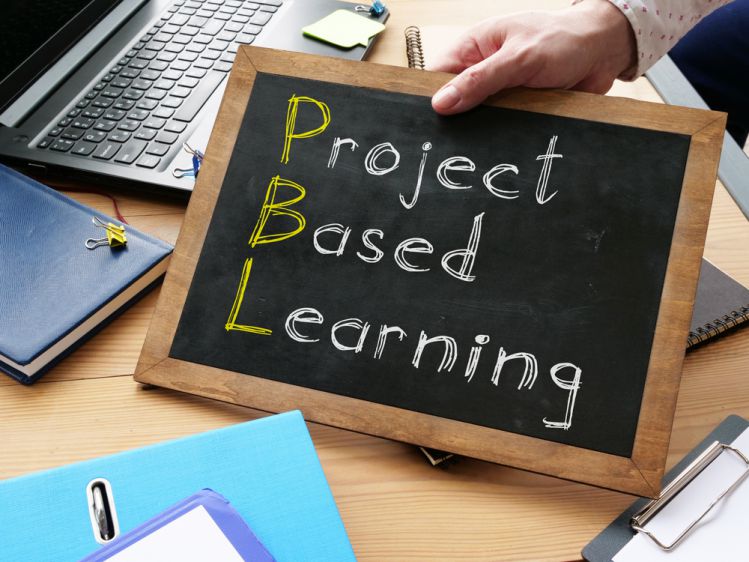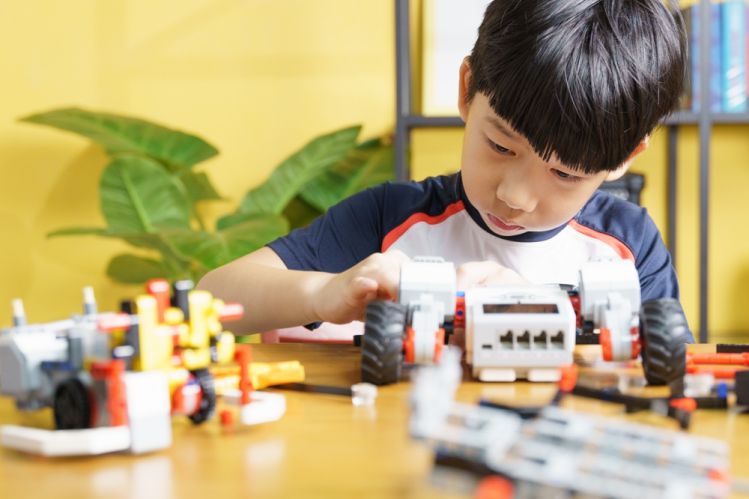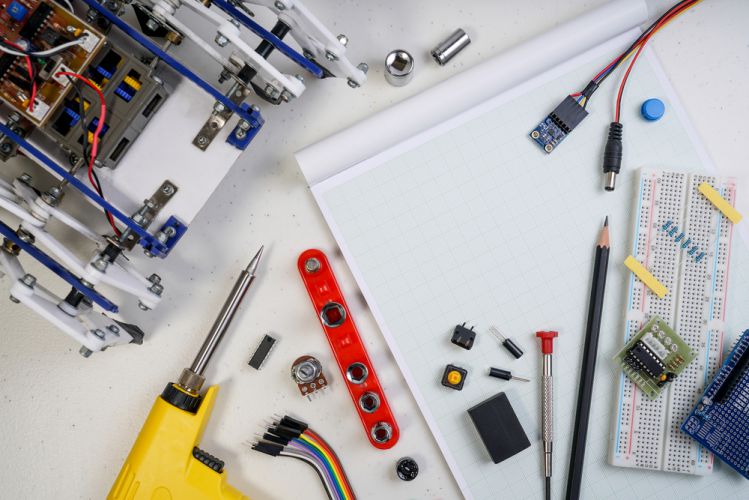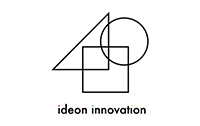In recent years, project-based learning (PBL) has emerged as a powerful instructional approach that promotes deeper understanding, fosters creativity, and enhances problem-solving skills. PBL has proven to be particularly effective in coding education, as it allows students to apply theoretical concepts to real-world situations, fostering engagement and promoting the development of essential soft skills.
In this article, we will explore the benefits of incorporating PBL into coding education and discuss how it shapes the learning experience for students.
What Is Project-Based Learning?
Project-Based Learning (PBL) is not just a teaching method; it’s a transformative journey that immerses students in hands-on experiences, nurturing curiosity, creativity, and essential life skills. In the realm of education, PBL stands out as a dynamic approach where students actively collaborate, solve real-world problems, and engage in meaningful projects.
Simply put, problem-based learning (PBL) is a type of learning that focuses on inquiry and student-centeredness. With PBL, students are faced with real-world challenges that they work on in groups to create meaningful solutions. This approach is beyond traditional education, and in this method, students not only learn the concepts in depth but also strengthen critical thinking, cooperation, creativity, and communication skills.
Educators distinguish between PBL and regular school projects. Sometimes, in schools, projects are used in addition to regular teaching, but they cannot be called PBL because these style projects act as icing on the educational cake. Still, PBL is the cake itself – the unit learning material and skill development. It’s an immersive experience where theory meets practice, preparing students not just for exams but for real-world challenges and opportunities.

project-based learning benefits
Project-based learning (PBL) has several advantages for students. In this section, we will discuss 5 of these benefits:
Heightened Participation
Assigning real-world tasks through project-based learning (PBL) can enhance students’ interest and engagement in learning. The beauty of PBL lies in the fact that students become the driving force for their own learning. As they discover the relevance and purpose of their learning, they develop a sense of ownership and responsibility. This leads to increased motivation to learn and a deeper understanding of the subject matter. In short, PBL helps students learn more because they want to learn more.
Critical Thinking
In this approach, students are encouraged to view problems critically, asking questions and developing possible solutions for their project.
Read More
Teamwork
Teamwork in Project-Based Learning (PBL) provides students with an opportunity to develop relationships that are crucial for their academic and personal growth. One of the significant benefits of PBL is that it enhances students’ ability to work effectively in groups, which involves contributing their ideas, active listening, and resolving conflicts when they arise. In addition, students build positive relationships with their teachers, which helps them to appreciate the value of learning. Furthermore, PBL enables students to connect with community members, which provides them with insights into various careers and other aspects beyond the classroom.
Autonomy
PBL empowers students to take ownership of their learning, providing autonomy and fostering self-directed education.
Adaptability
Project-based learning helps students become adaptable by encountering challenges and adjusting their strategies accordingly.
The Benefits of Project-Based Learning in Coding Education
An example of PBL in coding education could be a project where students design and develop a weather app that provides real-time weather updates, forecasts, and weather-related alerts to users. This project would require students to apply their programming knowledge, as well as research and utilize relevant APIs for accessing weather data. They would also need to consider user experience and design an intuitive interface for the app.
Active learning and engagement
One of the primary benefits of PBL in coding education is its ability to actively engage students in the learning process. Rather than passively listening to lectures or reading textbooks, students are required to apply their knowledge to hands-on projects, such as the weather app example mentioned earlier. This active learning approach has been shown to improve comprehension, retention, and overall enjoyment of the subject matter.
Real-world application
PBL bridges the gap between theory and practice by requiring students to work on projects that mimic real-world situations. In coding education, this might involve creating a mobile app, developing a website, or programming a robot. By working on projects with real-world applications, students gain a deeper understanding of the underlying concepts and develop the practical skills necessary for success in their future careers.

Problem-solving and critical thinking
PBL encourages students to approach problems from various angles and think critically about potential solutions. In coding education, this might involve debugging code, optimizing algorithms, or designing user interfaces. Developing strong problem-solving and critical thinking skills not only benefits students in their coding projects but also equips them with the tools necessary to tackle complex challenges in their future careers and personal lives.
Creativity and innovation
By engaging students in real-world projects, PBL fosters creativity and innovation, as students are encouraged to think outside the box and develop original solutions to problems. In coding education, this creativity might be expressed through the design of a unique app interface, the development of a novel algorithm, or the creation of an innovative game. By nurturing creativity and innovation, PBL prepares students for success in a rapidly changing technological landscape.

Personalization and ownership
Project-based learning allows for a high degree of personalization, as students can choose projects that align with their interests and passions. This personal connection to the project fosters a sense of ownership and motivates students to invest more effort into their work.
In coding education, this might involve selecting a project related to a specific industry, social issue, or personal hobby. By engaging with projects that are personally meaningful, students are more likely to remain committed to their coding education and develop a lifelong love for learning.
Assessment and reflection
PBL emphasizes the importance of ongoing assessment and reflection, providing students with opportunities to evaluate their progress and learn from their mistakes. In coding education, this might involve reviewing code, testing functionality, or seeking feedback from peers and instructors. By engaging in regular self-assessment and reflection, students develop the ability to identify areas for improvement and adopt a growth mindset, promoting continuous learning and development.
Collaboration and teamwork
Project-based learning in coding education often involves group work, where students collaborate on a shared project. This collaborative approach promotes the development of teamwork, communication, and leadership skills, all of which are essential for success in the modern workforce. Working together on a project also exposes students to diverse perspectives and encourages them to consider alternative solutions to problems, fostering creativity and critical thinking.

conclusion
In conclusion, incorporating project-based learning into coding education offers numerous benefits, including increased engagement, real-world application, collaboration, problem-solving, creativity, personalization, and opportunities for assessment and reflection. By harnessing the power of PBL, educators can help students develop not only the technical skills necessary for success in coding but also essential soft skills that will serve them well throughout their lives.
As our world continues to evolve, and technology becomes increasingly integrated into our daily lives, fostering a comprehensive education in Coding for kids through project-based learning will ensure that students are well-prepared to thrive in the future. Introduce your child to the thrilling world of coding through Project-Based Learning!
Visit Codiska to provide your child with the opportunity to explore programming in a hands-on, practical manner. With Codiska’s pioneering approach to coding education, your child can cultivate essential problem-solving and critical thinking skills while enjoying themselves and crafting their own projects. By creating meaningful and engaging learning experiences, such as the weather app project example, we aim to inspire the next generation of innovators, problem solvers, and creative thinkers, thereby shaping a brighter future for all.






